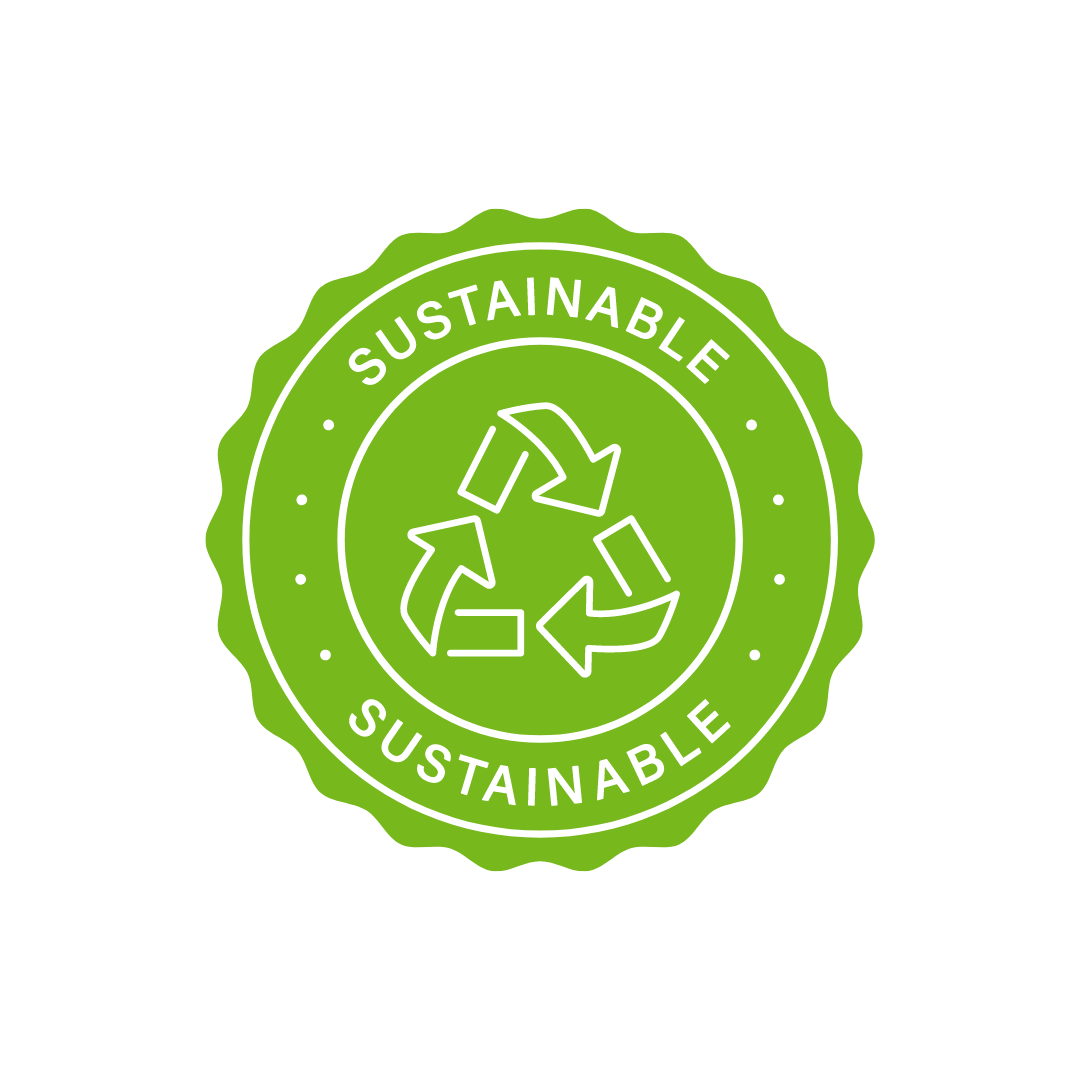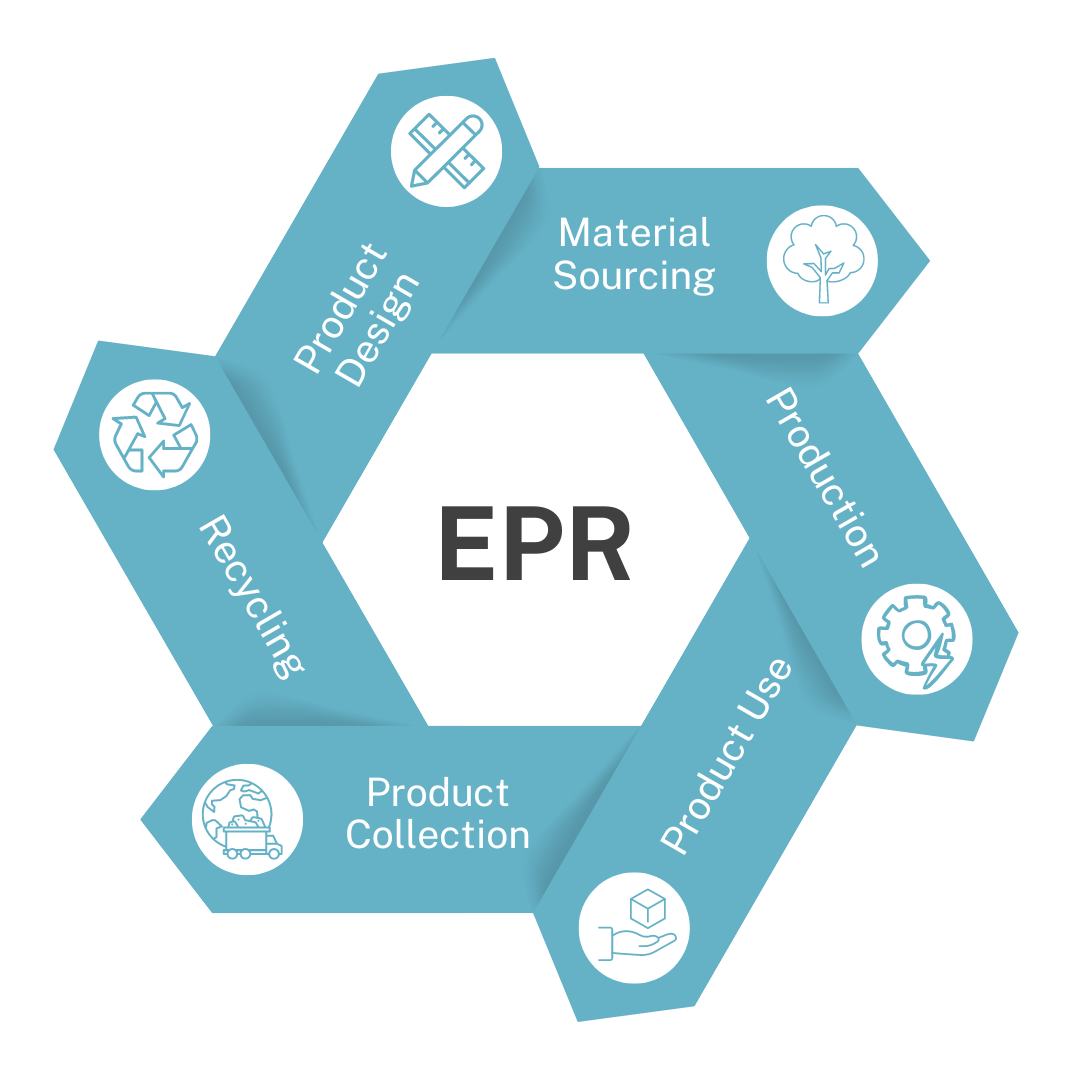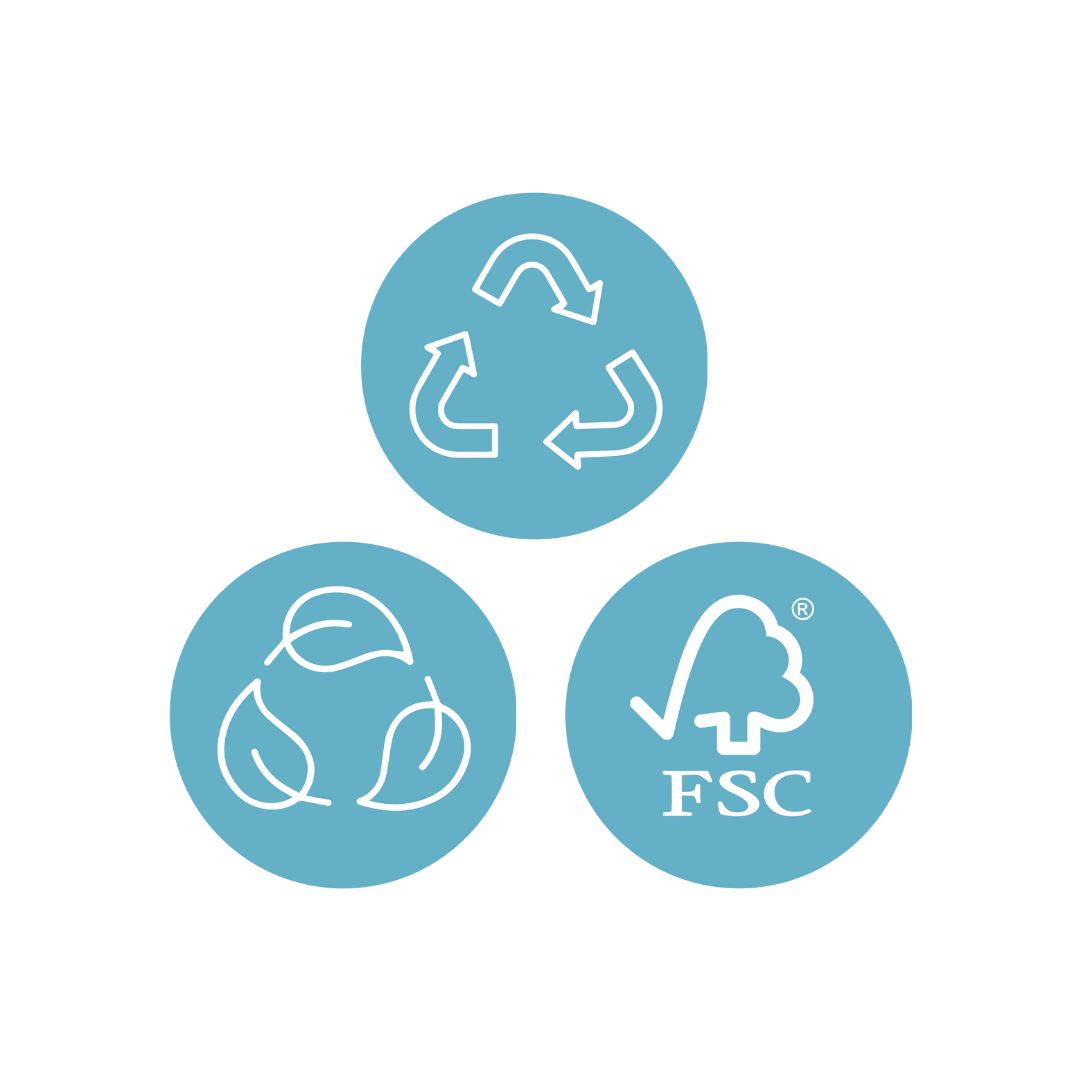-

-
Are you a distributor looking to keep up with current and emerging trends like sustainable packaging? Then this guide is for you!
As the demand for eco-conscious solutions grows, distributors are uniquely positioned to influence how products are delivered to consumers. Sustainable packaging isn't just an industry buzzword—it’s a necessary evolution for businesses looking to comply with regulations, reduce waste, and meet consumer demand for environmentally friendly products. This guide will walk you through everything you need to know about incorporating sustainable packaging into your business, from material selection to compliance and logistics.
IN THIS GUIDE
Why Sustainable Packaging Matters More Than Ever

Sustainability is no longer a fringe movement; it’s a core expectation for many businesses and consumers alike. By embracing sustainable packaging, distributors not only help reduce the environmental impact of packaging waste but also gain a competitive edge. Retailers are increasingly seeking out suppliers who can provide eco-friendly options, and choosing the right packaging can make all the difference in winning new contracts and strengthening existing partnerships.

The shift towards sustainable packaging is also driven by regulatory frameworks like Extended Producer Responsibility (EPR). EPR laws require businesses to take responsibility for the end-of-life disposal of the packaging materials they use. Distributors will need to be proactive about choosing packaging materials that comply with these laws, as failing to do so could result in fines or strained relationships with eco-conscious clients. At Ecopackables, we are ready to help distributors navigate these changes, ensuring that you remain compliant while delivering high-quality, sustainable packaging solutions.

Many distributors wonder, why is sustainable packaging more expensive? The answer lies in the materials and processes involved, better products often come at a higher price. Industry-standard practices like using virgin plastic have been in place for decades, making them cheaper due to established supply chains and processes. On the other hand, recycled materials require more advanced and labor-intensive processing. While you're not creating the material from scratch, the recycling process includes cleaning, sorting, and reprocessing to turn waste into usable packaging. This additional step adds to the cost, but it also adds value by reducing the need for virgin resources and lowering the environmental footprint of your packaging.
When speaking to your clients about sustainable initiatives, remind them that although it might be more expensive upfront, they are investing in the long-term health of their business and the planet. Eco-conscious consumers are more likely to support brands that align with their values, and this can enhance brand loyalty and drive sales.
Choosing the Right Sustainable Packaging for Your Business
Selecting the right sustainable packaging starts with understanding the variety of materials available and how they meet different needs. Whether your focus is on compostability, recyclability, or reusability, each option has its benefits:
-

Compostable Mailers are perfect for e-commerce businesses, as they break down naturally and leave no harmful residue behind.
-

100% Recycled Materials offer a durable yet environmentally responsible solution for products that need extra protection, like electronics or heavy items.
-

Reusable Packaging is ideal for long-term or premium products, where the packaging itself becomes part of the user experience.
Minimalist Printing: Reducing Ink, Waste, and Costs
-
At Ecopackables, we believe sustainability should extend beyond the materials used. By opting for minimalist printing, distributors can save both money and resources. Single-sided, single-color printing allows you to reduce waste without compromising on essential information. Our packaging solutions come with all the artwork and verbiage needed to include disposal instructions and material information, ensuring you comply with regulatory requirements without the extra cost or environmental impact of full-color printing. Clear instructions on disposal, such as "Recycle me" or "Compostable," can help consumers make responsible choices. This approach not only makes your packaging more eco-friendly but also makes the ordering process swift and easy.
-

Logistics and Storage: Optimizing Your Supply Chain
-
Sustainability doesn’t just apply to packaging materials; it also extends to how you store and transport your goods. Right-sized packaging reduces waste and ensures that your shipping process is as efficient as possible. By minimizing the space your packages take up, you can save on transportation costs and reduce your carbon footprint.
At Ecopackables, we provide packaging solutions that not only fit your products perfectly but also optimize your warehouse space. Our team can advise you on the best materials for stackability, durability, and protection during transport. Whether you’re looking to store your goods for an extended period or ship them across the globe, we can help ensure that your packaging meets both logistical and sustainability goals.
-

-

-
Choose lightweight, compact packaging to reduce fuel costs during shipping, especially for long-distance deliveries. Compostable and recycled materials can often be lighter than traditional packaging, adding another layer of cost efficiency to your operations.
This approach not only makes your packaging more eco-friendly but also streamlines production, leading to faster turnarounds. Clear instructions on disposal, such as "Recycle me" or "Compostable," can help consumers make responsible choices.
The Importance of EPR Compliance

Extended Producer Responsibility (EPR) laws are quickly becoming the norm in many regions, particularly in Europe and North America. These regulations require businesses to manage the entire lifecycle of the products and packaging they sell, including post-consumer disposal. Distributors who do not stay on top of EPR requirements risk financial penalties and damaging their business relationships with eco-conscious retailers.

To ensure compliance, distributors should prioritize packaging materials that are recyclable or compostable, made from renewable resources, and include clear labeling to guide consumers on how to dispose of the packaging properly. At Ecopackables, we offer packaging solutions that meet EPR regulations, and we provide customizable designs to include all necessary information about disposal and material composition.
Partnering with Ecopackables for a Greener Future
-

As sustainability becomes an essential component of the packaging industry, distributors are in a powerful position to lead the way. By choosing eco-friendly materials, adopting minimalist printing, optimizing logistics, and staying compliant with regulations like EPR, you can not only meet consumer demand but also reduce your environmental footprint. At Ecopackables, we’re here to support you with cutting-edge, sustainable packaging solutions that deliver on quality, performance, and compliance.








